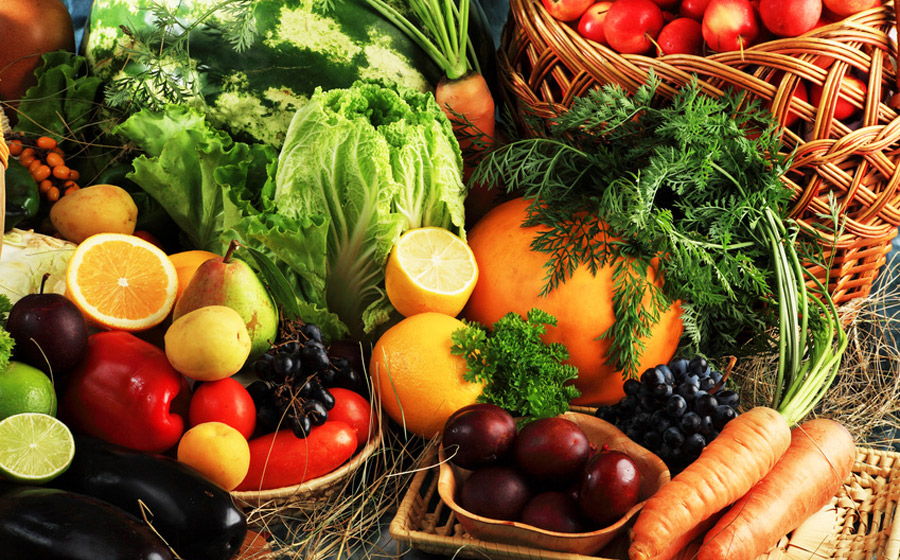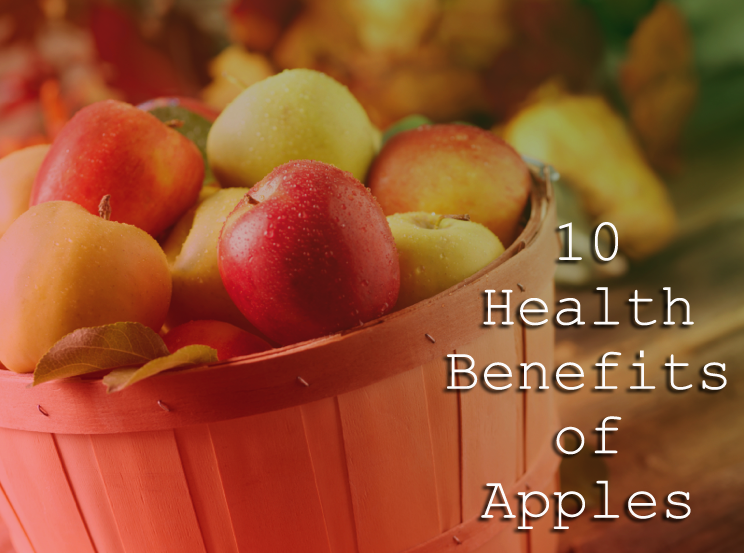Not all stress is bad. Vegetable stress, it turns out, may be great for you.
The debate of “organic vs. non-organic” is one of the most hotly contested arguments of the modern day. Proponents of organic food tout the benefits of the healthier, chemical-free option, ignoring the high price. Proponents of cheaper non-organic food insist that they have the better option, disregarding the multiple studies that prove chemicals, fertilizers, and pesticides can increase the risk of a wide range of disorders.
Thanks to a study published in 2014, organic food lovers have another arrow in their quiver…
According to the study, organic food had higher quantities of a wide range of nutrients, including phenolic acids, flavones, flavanones, anthocyanins, flavonols, and polyphenols. Simply put, organic food had a higher antioxidant content than non-organic food.
This came on the heels of a 2013 study that proved grass-fed beef had higher Omega-3 levels than regular dairy cows. Considering the high importance of nutrients like antioxidants and Omega-3 fatty acids, it’s no surprise that organic food proponents are pleased as punch. But what’s the reason behind this? Why do organic fruits and veggies have a higher nutritional content than their non-organic counterparts? Are non-organic farmers doing something to leech the nutrients from the food, or from the soil?
In this case, it has nothing to do with the farming practices–it all comes down to stress.

READ MORE: You Don’t Have to Buy All Your Produce Organic — Just These 12 Foods!
When crops are grown using pesticides, fertilizers, and other chemicals, they are basically “cared for”. The chemicals do all the work of protecting the plants, so all the plants have to do is absorb sunlight and water to produce nutrients. The fruits or vegetables produced by the plant will be larger, thanks to the fact that the plant can focus on “growing” instead of “protecting”. But with organic produce, there are no chemicals available to kill off insects or protect the plant from bugs. This means the plant has to develop its own natural protection, such as nutrients that taste bitter or unpleasant to the insects. This helps to drive away insects, allowing the plant to focus on growing healthy and strong.
These nutrients that taste bitter to insects may offer health benefits to us. For example, carrots tend to produce polyacetylene compounds in order to protect themselves from carrot flies. These compounds can help to reduce inflammation and lower your risk of cancer. It may be that the extra antioxidants in the organic fruits and veggies are there to protect the plant, and benefitting us is just an awesome side effect.
Another possible reason for the higher nutritional value of organic foods may be the result of nitrogen. Conventional crops are given nitrogen via synthetic fertilizer, so the plants don’t have to work as hard as organic plants to obtain enough nitrogen to grow. The fact that organic plants are working so hard means they grow more slowly, but they produce secondary plant metabolites–more nutrients that benefit the human body.
Of course, the differences between organic and non-organic crops aren’t all that enormous. The nutritional profile of most organic vegetables and fruits is only slightly better than non-organic crops. However, this is just a bit more proof that organic farming does benefit not only the planet, but also the human body. It’s one more piece of evidence to further shift the farming industry toward more organic farming methods. Who knows, perhaps in a few decades all of the crops grown in the world will be organic, thanks to the simple discoveries like this one! If it means more nutritional value, I’m all for it!








